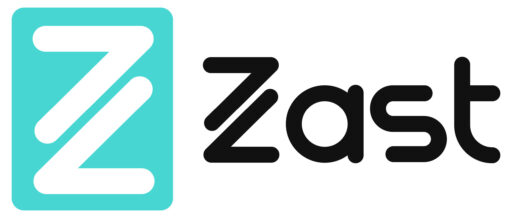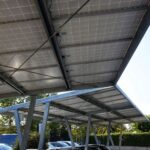Solar Systems
Solar panels, also known as photovoltaic (PV) panels, convert sunlight into electricity. By harnessing solar energy, they offer a sustainable and renewable source of power. When integrated into the Batteries, solar panels can help reduce the overall energy consumption from traditional fossil fuel-based sources.
One of the key benefits of solar panels is their ability to generate electricity during daylight hours when the sun is shining. This can offset the need for electricity from the grid, reducing the demand for non-renewable energy sources. Additionally, excess electricity generated by solar panels can be fed back into the Batteries, further reducing the reliance on conventional power plants.
To maximize the energy-saving potential of solar panels, it is important to consider factors such as panel orientation, tilt angle, and shading. Proper installation and maintenance can ensure optimal performance and efficiency.
Batteries
Energy Independence: By powering houses off the grid and minimizing dependency on conventional power sources, homeowners may become self-sufficient with Home Energy Storage Battery.
Enhanced Resilience: During power outages, this high-capacity battery offers backup power, assuring an uninterrupted electrical supply and preserving crucial household functions.
Cost savings: The battery helps homeowners save on electricity prices and lower their overall energy bills by storing extra energy during off-peak hours and utilising it during times of high demand.
Sustainable Energy Solution: By storing clean energy for use in homes and lowering carbon emissions, this energy storage battery encourages sustainable living by utilizing renewable energy sources like solar panels.
Scalable and Expandable: The battery gives homeowners the freedom to add more storage capacity, enabling them to respond to shifting energy requirements and seamlessly incorporate new renewable energy sources.
Power Inverters
….


